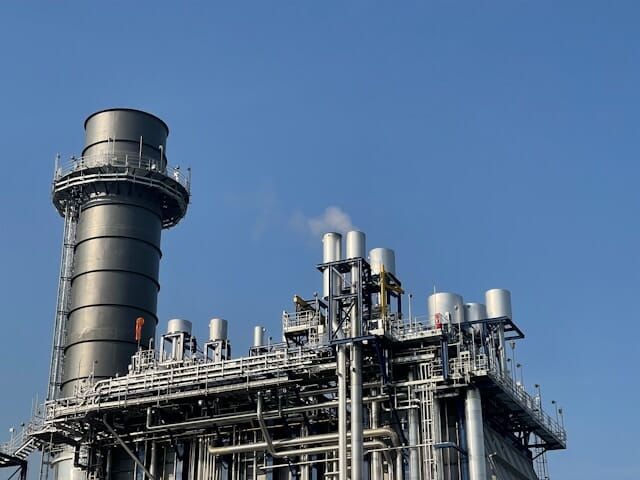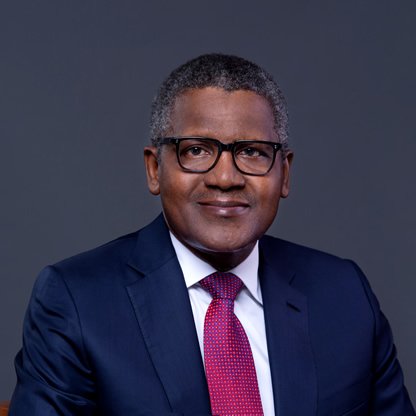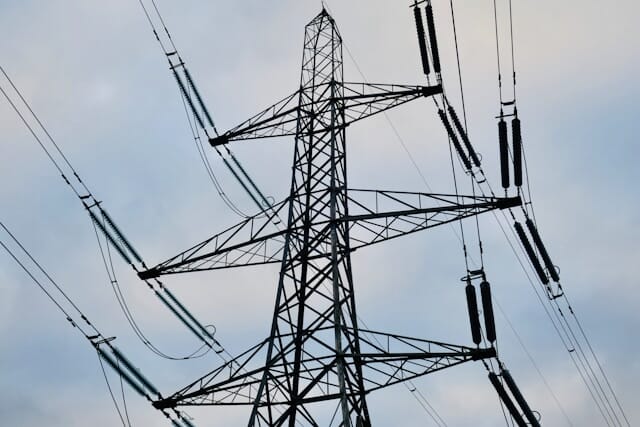Dangote Petroleum Refinery has announced the launch of its free fuel distribution program on Monday, September 15, 2025. Initially planned for August but delayed due to logistical issues in China, the initiative will commence in Lagos, Oyo, Ogun, Ondo, Osun, Ekiti, Abuja, Kwara, Delta, Rivers, and Edo, with nationwide expansion planned as additional resources arrive. Group spokesman Anthony Chiejina confirmed that petrol prices will drop to N841 per litre in Lagos and the South West, and N851 per litre in Abuja, Kwara, Delta, Rivers, and Edo, with an ex-gantry price of N820 per litre. This bold step, backed by a N720 billion investment in 4,000 CNG-powered trucks, aims to save Nigeria over N1.7 trillion annually in fuel distribution costs.
The free fuel distribution program is a cornerstone of Dangote’s mission to end Nigeria’s reliance on imported petrol, a dependency that has drained billions in foreign exchange annually. The 650,000 barrels-per-day refinery, located in Lekki, Lagos, can produce 45 million litres of petrol daily, surpassing Nigeria’s 40 million-litre demand. By deploying over 1,000 CNG trucks initially, with the full fleet of 4,000 expected by year-end, Dangote aims to eliminate logistics costs, delivering fuel directly to filling stations, industrial facilities, and high-volume consumers like telecom and aviation companies.
This direct-to-consumer model bypasses traditional middlemen, whose markups have inflated pump prices. For example, a Lagos filling station purchasing 10,000 litres at N841 per litre saves N190,000 compared to previous rates of N860. The initiative also includes a credit scheme for bulk buyers purchasing over 500,000 litres, revitalizing dormant filling stations and easing inflationary pressures.
Economic and Social Benefits
The price slash and free distribution could reshape Nigeria’s economy. Transport costs, which account for up to 40% of urban household budgets, may drop by 10-15%, directly impacting commuters and traders. Food prices, often tied to haulage expenses, are expected to stabilize, benefiting over 42 million MSMEs by reducing energy costs and boosting profitability. The CNG truck rollout is projected to create 15,000 jobs, from drivers to maintenance crews, injecting vitality into local economies.
Environmentally, CNG trucks reduce carbon emissions by 30% compared to diesel, aligning with Nigeria’s energy transition goals. The Presidential CNG Initiative hailed the move as a milestone, with coordinator Tosin Coker noting, “CNG is solving real supply chain problems.” By curbing petrol smuggling to neighboring countries, the program could save Nigeria billions in lost revenue, strengthening forex reserves.
On a macro level, the initiative supports President Bola Tinubu’s economic reforms, particularly the removal of fuel subsidies that once cost $10 billion annually. Analysts estimate a 2-3% GDP boost in the energy sector, with potential for Nigeria to become a net fuel exporter, enhancing energy security. Social media is abuzz, with #DangoteFreeFuel trending as Nigerians share memes of cheaper transport and hopeful market recovery.
Challenges and Controversies
Despite the optimism, tensions with NUPENG over alleged union membership issues for drivers have sparked strike threats, which could disrupt distribution. Additionally, Dangote’s reliance on imported crude due to local shortages highlights ongoing challenges in Nigeria’s oil sector.
Supply chain issues also loom. While domestic crude access has improved, Dangote’s reliance on imported feedstock from Ghana and elsewhere highlights gaps in local production. The refinery’s earlier disputes with NNPCL over crude pricing in dollars versus naira sales underscore structural challenges. Logistical delays, like the late arrival of CNG trucks from China, further complicate execution.
Critics also warn of monopolistic risks. NUPENG and others fear Dangote’s control over refining, storage, and distribution could marginalize smaller players. However, the refinery’s open invitation to marketers and new partnerships with firms like TotalEnergies and Sobaz Nigeria Ltd. suggest efforts to foster inclusivity.
A Vision for Nigeria’s Energy Future
Dangote’s initiative is more than a price cut; it’s a structural overhaul. The refinery’s capacity to produce 15 million litres of diesel and 5 million litres of aviation fuel daily positions it to dominate the downstream sector. Plans to upgrade to 700,000 barrels per day signal long-term ambition. As more trucks arrive, the program will expand to northern and southeastern states by October, with full coverage by December.
The move could inspire similar ventures across Africa, where refining capacity lags behind demand. Nigeria’s success may encourage Angola or South Africa to invest in local refineries, reducing the continent’s $50 billion annual fuel import bill. For Aliko Dangote, whose $14 billion fortune is tied to cement and now energy, this cements his legacy as a transformative industrialist.
What’s Next for Nigerians?
Starting Monday, filling stations and bulk buyers must register with Dangote’s portal for free deliveries. Consumers should expect immediate savings, with petrol stations like MRS and Heyden reflecting the new pricing. Long-term, Dangote hints at including diesel and aviation fuel in the program, potentially at similar discounts.
For now, the focus is on execution. If NUPENG’s strike is averted and supply chains hold, this could mark the end of Nigeria’s perennial fuel scarcity. Energy experts urge stakeholders to align, noting that coordination with NNPCL, IPMAN, and regulators will determine the program’s success.


 Why Does Nigeria's National Grid Keep Collapsing? The Deep-Rooted Causes and Path to a Stable Power Supply
Why Does Nigeria's National Grid Keep Collapsing? The Deep-Rooted Causes and Path to a Stable Power Supply